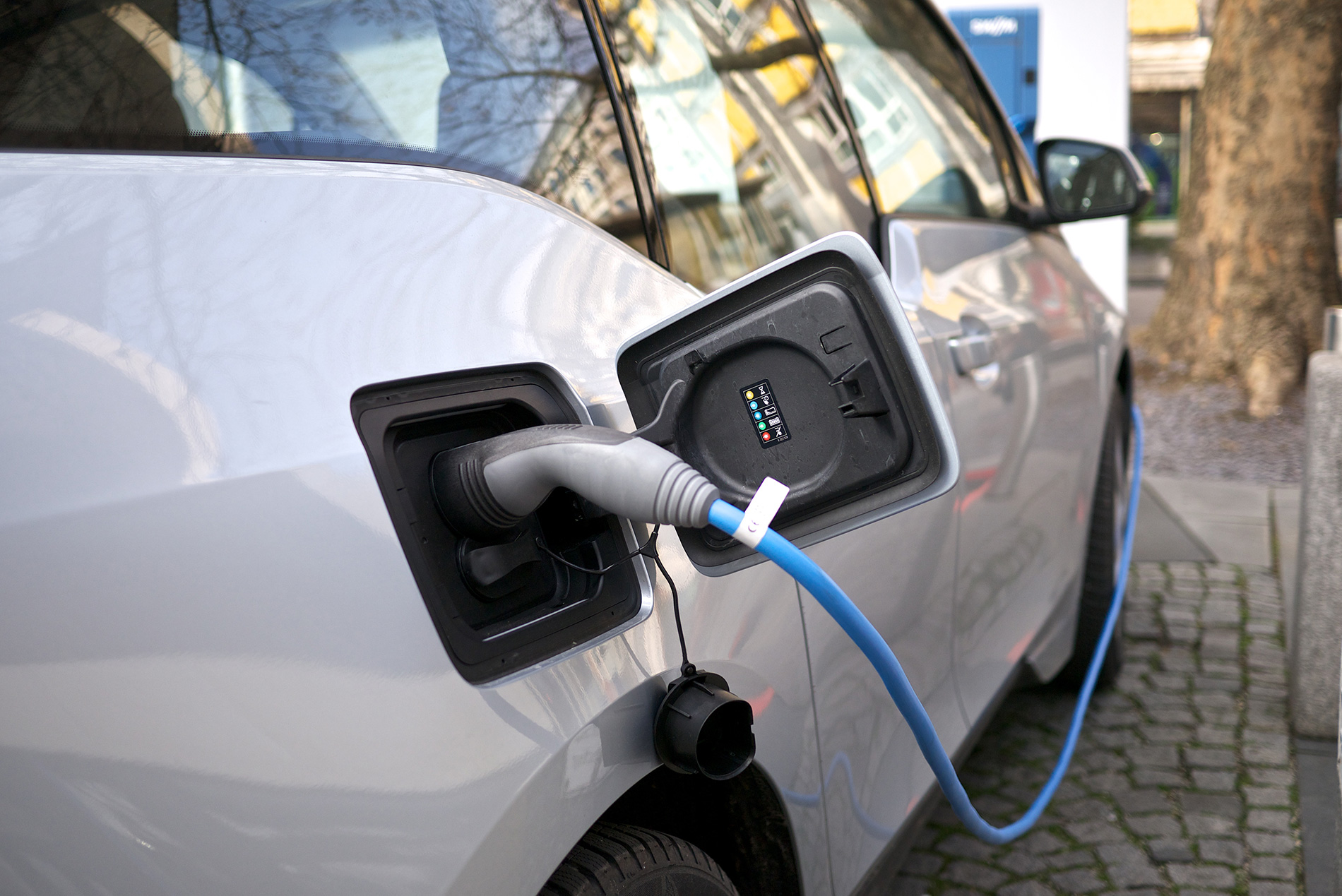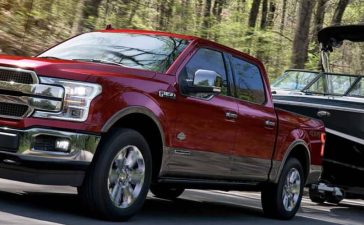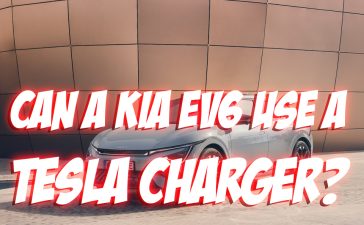Electric cars have seen a massive growth in popularity in recent years, especially 2019. However, they still only make up a small percentage of the nation’s cars. For many motorists, one of the biggest factors stopping them from switching from a traditional combustion engine to an EV is charging accessibility.
If you drive a petrol or diesel car, you can drive around safe in the knowledge that a fuel station is usually within a few miles radius and your tank can be filled in just a matter of minutes. With EVs this is not always guaranteed. In many areas access to charging points is often limited, and if you do have access it’s going to take a lot longer to ‘fill up’ and get back on the road again.
But instead of getting stuck on how much time it takes to charge from 0-100%, we should consider charging an EV in a similar way to charging our phones. Instead of waiting for the battery to run flat and then waiting 24 hours for it to fully recharge, why not make use of the facilities around you and ‘top-up’ throughout the day?
Charging your car for just 1 hour, can give up to 90 miles of range. So, whether you’re at the gym, your home or getting groceries – a quick top up can make all the difference and may even eliminate the need to charge your car from 0-100% during a normal week. However, if you’re embarking on a longer journey you may still require maximum charge before you set off.
Of course, charging times can vary depending on the battery and the power of the charger. Newer EVs and Tesla’s model S, X and 3 are compatible with 150kw but despite these chargers being one of the most efficient, there are very few of these charging points in the UK. As a result, 50kW rapid chargers are usually the quickest option available. These chargers make up roughly 22% of public charging infrastructure and will normally get you from a 0-100% with 1 hour of charging.
Typically, the chargers in urban areas such as gyms, shopping centres and workplaces range between 7kW to 33kW. While they may not offer the speed of a 50KW charger, they are ideal for top-up charging over shorter periods.
At home, most charging points that are installed will be 3.7kW or 7kW, as 22kW are usually more expensive to install and require additional work. Although this means charging from your home isn’t always the fastest option, the ability to charge overnight helps overcome the issue of speed. And unlike a lightbulb, all EV’s can handle higher power chargers, provided you use a compatible plug.
To compare some of the most popular electric cars by charging time, Creditplus have put together an infographic and table. Using the table, and the power supply you anticipate using, you’ll be able to see how much range you’d get from a hour of charging – which could be the remedy to range anxiety.














